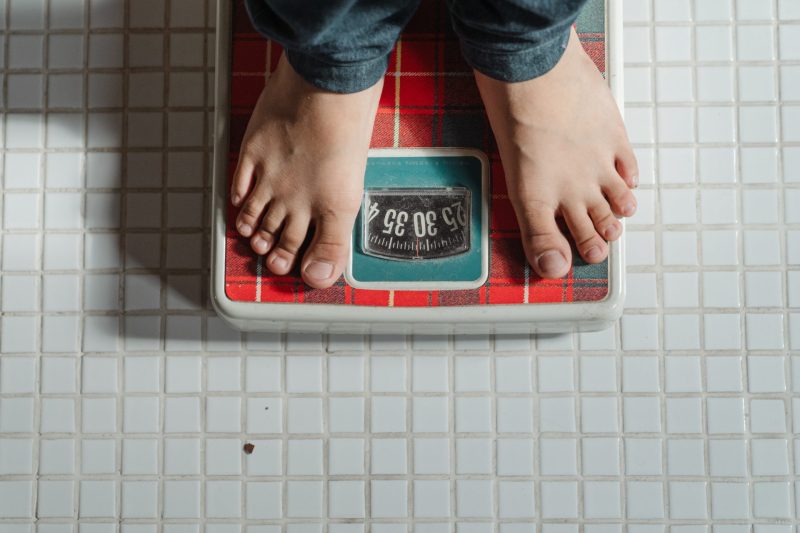Increasing children’s body confidence could have long term beneficial effects on their mental and physical health as teenagers, new research has revealed.
A study of more than 12,000 children in the UK has found that children’s happiness with their appearance and their self-esteem has the biggest influence on whether they were likely to experience poor mental health associated with their weight as a teenager.
According to the authors, from Imperial College London, the findings highlight the need for prevention strategies focusing on improving mental and physical health at an early age.
Study author Dr Hanna Creese said: “It’s important for children to maintain a healthy weight, but our study highlights that this shouldn’t be achieved at the expense of children’s long-term mental health or by stigmatising their weight and driving poor body image and low self-esteem, as this can have damaging and long-lasting impacts.”
In the study, the team analysed data on 12,450 children born in England, Scotland, Wales and Northern Ireland who were aged between 11 and 17 years old.
They looked at various factors including body mass index (BMI) — a relative measure of healthy weight which considers the influence of height — that was standardised by age and sex, feelings about appearance, self-esteem, experience of bullying and dieting, as well as mental health difficulties.
Each increase in BMI score at 11 years old was associated with an increased score of unhappiness with appearance (0.12 for boys versus 0.19 for girls) and increased likelihood of experiencing low self-esteem (16% increase for boys compared to 22% for girls) at 14 years old.
Both boys and girls who were unhappy with their appearance and who had low self-esteem at 14 were then more likely to have experience symptoms such as anxiety, depression, aggression and impulsivity at 17.
Neither bullying nor dieting were found to be mediating this observed link between BMI at 11 and mental health at 17.
The authors highlight several limitations of the study, namely that their analysis focused on the UK population as a whole, meaning outcomes for individual children cannot be predicted.
The team also did not directly examine the impact that social media can have on body image and self-esteem or the potential influence of the COVID-19 pandemic as data collection finished in 2018.
They do, however, emphasise the importance of promoting positive body image and self-esteem in young people, both in the classroom as part of the national curriculum and on social media.
“It’s important to remember children today are not growing up in the same world as their grandparents, or even their parents, and face new, and increased social pressures,” said study author Dr Dougal Hargreaves, also from Imperial College London.
“If we really want the best for our children, we need to put our money where our mouth is and promote healthy behaviours and attitudes at the societal level.”
The research is published in the journal eClinicalMedicine.





Join the discussion